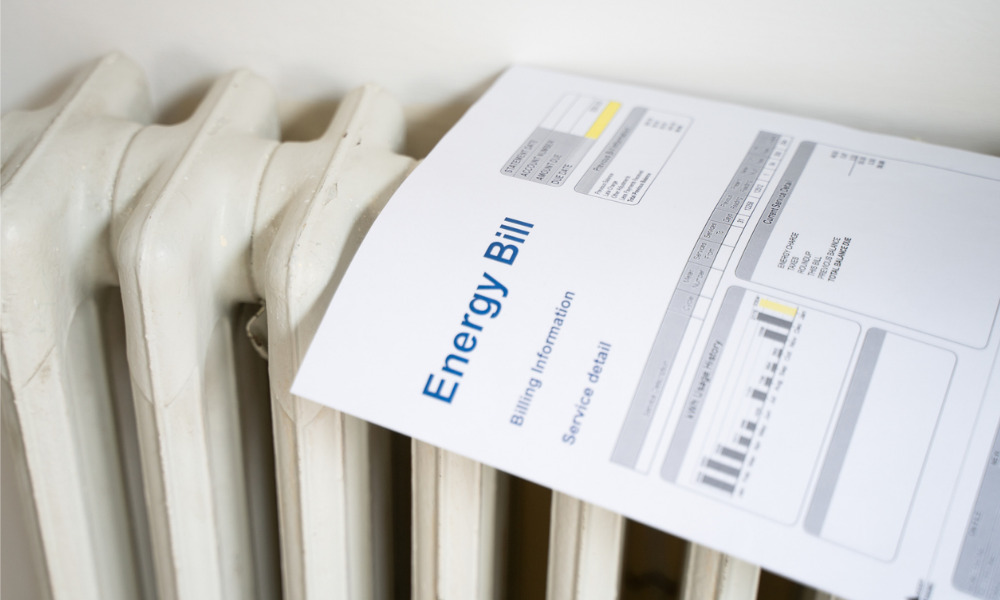Households set to pay nearly a third of the average mortgage payment in energy and water bills

UK Prime Minister Liz Truss has announced a support package that will put a cap to the average household’s energy bills at £2,500 for the next two years. However, financial journalist Martin Lewis clarified that this does not mean that all households will not go over this amount per year.
In a Twitter post, Lewis explained that the cap is a limit on the maximum amount suppliers can charge for each unit of gas and electricity used and sets a maximum daily standing charge, rather than a cap on what customers pay.
“So use less, you pay less. Use more, you pay more,” Lewis said in a report published by WalesOnline, where he also pointed out that the price cap last winter was just £1,277, meaning a typical home will still be paying around 95% more in October than they did last winter.
In an effort to tackle soaring energy costs in the UK, Truss on Thursday announced a support package, which she called a “two-year energy price guarantee” worth between £100 billion and £150 billion. The £2,500 limit replaces the old Ofgem price cap which had set energy prices at a level at which the average household would pay £1,971 a year since spring. The cap was raised to £3,549 effective October 1, but will be replaced by the new price cap set by Truss.
Read more: How will the new energy price cap impact mortgage affordability?
Meanwhile, market analysis by Revolution Brokers revealed that, considering the October energy price cap, the average household will be paying the equivalent of nearly a third of their annual mortgage in utility bills.
Revolution Brokers looked at how the cost of utilities bills has changed since 2019 and what this cost equates to as a proportion of annual mortgage payments, based on a three-year fixed mortgage at a 75% loan to value.
Based on the current cost of repaying a mortgage, this would see annual energy and water costs increase to the equivalent of 28.1% of the annual cost of a mortgage.
“The current cost-of-living crisis is a very real concern for many households and it’s easy to see why when energy bills are increasing at such an extraordinary pace,” Almas Uddin, founding director at Revolution Brokers, remarked. “Climbing the property ladder is a hard task and our monthly mortgage payments are by far the most substantial of our household outgoings.
“So, for the average household to be paying the equivalent of almost a third of this cost in utility bills by October, really does highlight the bleak outlook for many and just how out of control the current situation is.”



